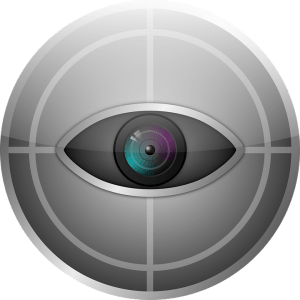Putting up surveillance cameras may seem a simple solution when you are facing problems with stock shrinkage. Your accounting records paint a clear picture, but are the customers or your employees the guilty parties?
Covertly watching people has become the new normal. The government has the right to keep a lookout for our own protection. However, secretly spying on customers and employees is different because you are protecting your own interests.
Australian Law and Surveillance Cameras


Every state and territory has regulations controlling the use of surveillance devices. There are penalties for misuse, especially when passing the information to third parties. However, law enforcement agencies may issue warrants to access it.
New South Wales, the Australian Capital Territory, and Canberra also regulate surveillance cameras in the workplace. Therefore, it is essential to take specialist advice before installing equipment that could violate someone’s right to privacy.
This is not an Australia-specific restriction. General Comment 16 of the United Nations Human Rights Committee reads “Surveillance, whether electronic or otherwise, interceptions of telephonic, telegraphic and other forms of communication, wire-tapping and recording of conversations should be prohibited”.
The Legal Principles Governing the Placement of Security Cameras
The Office of the Australian Information Commissioner confirms the following limitations in the use of surveillance cameras generally:
The Privacy Act 1988 requires that people collecting information must comply with the Australian Privacy Principles guidelines. Some organizations with turnovers under $3 million are exempt.
Qualifying organizations must inform people in advance that their images may be captured, typically by placing an information sign. They must destroy or de-identify the data when they no longer require it.
The Rules Regarding Residential Surveillance Cameras
The Privacy Act regulations do not apply to surveillance cameras in private homes. Therefore, other residents have to fall back on customary privacy rights (although some state or territory laws may offer relief).
If you are under the eye of a nearby camera, then your first step is to ask your neighbor to redirect it. If they do not respond, then you could ask your local neighbourhood mediation centre or community justice to intervene.
Some local councils do require planning permission for security cameras, whereas if your property is part of a strata, the rules may prohibit them. There’s also a possibility your council may mediate if you can’t resolve a concern.
If you need more advice about surveillance cameras for your home or business, give AusCovert Investigations a call at 1800 553 788, or send a message using this link.